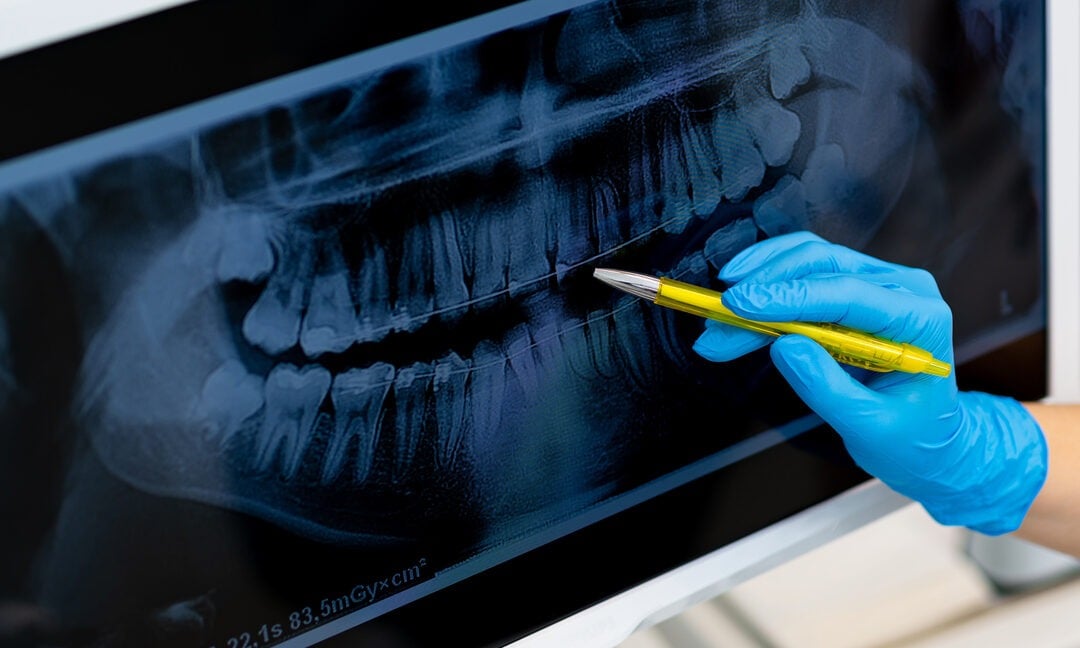Discover the Variety of Dental Issues Dentists Commonly Take Care Of
Dental experts are tasked with addressing a broad spectrum of dental concerns, each requiring specialized expertise and methods. From the prevalent issue of tooth cavities caused by microbial activity to the more dangerous development of gum illness, dental experts should be proficient at early detection and intervention. Tooth sensitivity, often resulting from worn enamel, adds another layer of intricacy, while the early recognition of oral cancer cells can be life-saving. In addition, misaligned attacks necessitate customized treatment plans to enhance both capability and aesthetic appeals. What certain strategies do dental practitioners employ to handle these varied challenges efficiently?
Cavities and Dental Caries
Cavities, also known as oral caries, are caused by the demineralization of tooth enamel due to acid-producing bacteria in the mouth. If left neglected, cavities can lead to substantial oral problems, consisting of infections and tooth loss.
To diagnose dental caries and tooth decay, dentists utilize a mix of aesthetic evaluations, oral X-rays, and in some cases laser fluorescence devices. For more sophisticated degeneration, a dental expert may need to remove the endangered tissue and bring back the tooth with dental fillings made from products such as composite resin, amalgam, or porcelain.
Preventative procedures are extremely important in combating tooth cavities and dental caries. Normal dental examinations, appropriate cleaning and flossing techniques, and a balanced diet low in sugary foods and beverages are basic methods that sustain oral health and wellness and minimize the threat of cavities.
Gum Tissue Condition

This causes the periodontals to pull away from the teeth, producing pockets that come to be contaminated. As the body's immune system battles the microorganisms, the bone and connective tissue that hold teeth in location are damaged down.
Dental experts detect gum illness with professional examination and periodontal probing to determine pocket midsts around the teeth. Therapy might entail scaling and origin planing to remove tartar and bacteria from tooth surfaces and underneath the periodontals. In serious situations, medical treatments like flap surgical procedure or bone grafts are necessary to restore dental health. Maintaining proper oral hygiene and regular oral check-ups are vital for preventing gum illness.

Tooth Level Of Sensitivity
Beyond gum disease, one more typical oral problem that people regularly encounter is tooth sensitivity. Characterized by a sharp, transient pain in response to stimuli such as hot, cold, sweet, important site or acidic foods and beverages, tooth sensitivity can significantly impact a patient's quality of life.
Additionally, dental procedures, fractured teeth, and gum tissue illness can subject the dentin. To mitigate tooth level of sensitivity, dental experts may recommend making use of toothpaste created for delicate teeth, fluoride treatments to reinforce enamel, or dental bonding to cover revealed dentin.
Eventually, dealing with tooth level of sensitivity needs an extensive strategy that includes both preventive procedures and targeted treatments to relieve discomfort and protect the dental frameworks.
Oral Cancer Cells
Oral cancer cells, a major and possibly dangerous condition, often flies under the radar in regular dental care conversations. This sort of cancer cells can influence any type of component of the oral tooth cavity, consisting of the lips, tongue, cheeks, floor of the mouth, soft and tough palates, sinuses, and throat. Early discovery is crucial for successful therapy, yet many situations are detected at advanced stages as a result of subtle initial signs.
Misaligned Bites
Misaligned bites, likewise referred to as malocclusions, are a common dental problem that can considerably affect both oral wellness and overall lifestyle - eugene dentist. These problems occur when the upper and reduced teeth do not straighten properly, causing problems in attacking, chewing, and even speaking. Malocclusions can be categorized right into various types, including overbites, underbites, crossbites, and open bites, each providing one-of-a-kind challenges that require tailored treatment techniques
The root causes of misaligned bites are diverse and can consist of hereditary variables, very early loss of baby teeth, thumb sucking, and injuries to the jaw. Symptoms frequently include discomfort or pain in the jaw, regular biting of the inner cheeks, and a boosted danger of tooth degeneration and gum tissue condition as a result of trouble in keeping dental health.
Orthodontists and dental experts utilize a variety of interventions to deal with misaligned bites, from clear aligners and traditional braces to extra innovative procedures in serious cases. Early diagnosis and therapy are critical to protect against difficulties such as temporomandibular joint (TMJ) problems and irregular wear on teeth. Through thorough analysis and individualized treatment plans, oral experts play a critical role in dealing with malocclusions and improving clients' oral feature and appearances.
Final Thought
Dental professionals address a range of dental issues, each with distinctive difficulties and therapy procedures. Cavities and tooth degeneration result from microbial activity that compromises tooth enamel, while gum tissue disease can rise from gingivitis to serious gum conditions. Tooth sensitivity entails discomfort from thermal stimuli, requiring specific treatment. Early detection of dental cancer cells is vital for effective treatment. Misaligned bites effect both oral health and wellness and lifestyle, commonly requiring surgical or orthodontic remedies to rectify.
To detect cavities and tooth decay, dental practitioners employ a combination of aesthetic examinations, dental X-rays, and often laser fluorescence tools.Beyond gum illness, an additional usual dental Check Out Your URL issue that individuals regularly encounter is tooth sensitivity. Furthermore, oral procedures, broken teeth, and periodontal illness can reveal the dentin. To mitigate tooth sensitivity, dental experts might recommend utilizing toothpaste developed for delicate teeth, fluoride therapies to reinforce enamel, or oral bonding to cover revealed dentin. Cavities and tooth decay result from bacterial activity that jeopardizes tooth enamel, while periodontal illness can intensify from gingivitis to extreme gum problems.